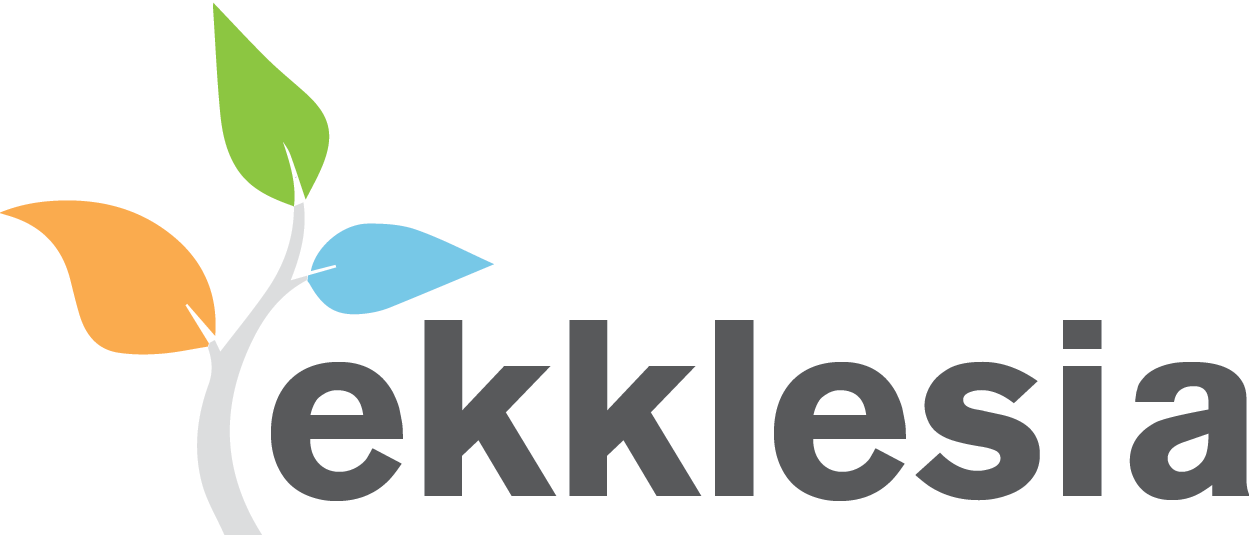Frequently Asked Questions
Where do you meet for worship?
We are in the process of transitioning from Athens Drive Magnet High School into our new home: the former St. Mark’s Episcopal Church. We anticipate this move to be completed by September or October. Until then, we continue to worship Sunday mornings at 10:45am at Athens Drive High School located at 1420 Athens Dr, Raleigh, NC 27606. We also offer a live stream of our services on YouTube.
Why are you moving to a church building?
Our time at Athens Drive High School has been invaluable. It required us to enter into relationship with the school community and provided countless opportunities to serve students, teachers, and families. We’re grateful for the connections we’ve made and the ways we’ve been able to engage with the wider community. As we grow, we’re excited about the new opportunities our own space will provide. The move to a dedicated church building will allow us to:
- Expand our community outreach and service programs
- Offer more flexible meeting times for various church activities
- Create a permanent “home base” for our congregation
- Continue to serve our community in new and meaningful ways
We’re committed to maintaining the spirit of community engagement and service that defined our time at the school. Our new location will be a hub for community activities, outreach, and fellowship, allowing us to deepen our relationships within our neighborhood and continue serving the “least of these” in our community.
We invite you to join us in this exciting new chapter of our church’s journey!
Is Ekklesia an LGBTQ+ affirming community?
Yes! We are fully welcoming and inclusive of all LGBTQ+ persons. No strings attached, and no fine print. Over Ekklesia’s lifetime, members of our LGBTQ+ community have served in every ministry capacity. From nursery to worship teams, from hospitality to our Board of Elders, from small groups to prayer team to church treasurer and more.
Why do you have 2 co-pastors instead of one lead pastor?
We have two pastors who share teaching responsibilities (and we regularly invite others to share as well!) because we believe that no single person can do justice to the Gospel. The church needs multiple voices, stories, and perspectives. Meet our staff.
Do you have a “mission” statement and “core values”?
No… Yes… Sort of. We’ve always been a little resistant to the idea of creating a fixed “Mission/Vision” because we’re not totally sure the Gospel can be nailed down to a concise couple of sentences. We’ve been in places where a “Mission” and “Vision” were created, and in time, the “Mission” and “Vision” unwittingly began taking precedence over Jesus.
We are called to be disciples (talmidim, learners, apprentices) of Jesus and to make disciples of all nations. Thus, at risk of sounding trite, our mission is Jesus’ mission, and our vision is to (try to) have Jesus’ vision. By simply trying to keep Jesus at the center, Jesus is able to continually critique and reshape our “vision.” Our hope (and assumption) is that 30 years from now we will have a clearer vision of who Jesus is and will be much better at living out his mission than we are now.
We also don’t have a formal set of “Core Values,” but that is not to say that there aren’t values that we hope will characterize our community. Informally, our core values would probably be: Humility, Authenticity, Thoughtfulness (Intellectual), Generosity, and Hospitality.
We seek to constantly improve and grow as a church. In early 2017, we decided to dedicate all 5th-Sundays-of-a-month to the topic of racial justice. There are many things we are doing very well as a church, but there are, of course, many where we can grow and improve. Racial awareness and diversity is certainly one of those places. Of course, the conversation about race is not intended to be confined only to 5th Sundays. It is an ongoing conversation, heart change, and call to action; hence this resource page.
When people give to Ekklesia, how is the money used?
The storyline of the early Christian church is one of incredible sacrifice and eye-popping generosity. It grew not because it was a storehouse of wealth, but because it poured itself out on behalf of the world.
Inspired by this generosity, we’ve structured our finances such that 1/3 of all the money given to Ekklesia is sent outside of our walls to serve those in need. Jesus came proclaiming Good News to the poor and freedom for the oppressed. We want to proclaim the same Good News. Not just with our lips, but even with our resources!
What is the meaning of your name?
Ekklesia (eck-lay-SEE-ah) is the Greek word for church. The word church, native to our western culture, connotes a place or a building. The word ekklesia, native to ancient Greek culture, connotes people and community. One implies brick and mortar; the other implies flesh and blood. Buildings stand; people move. We want to be a church that moves.

